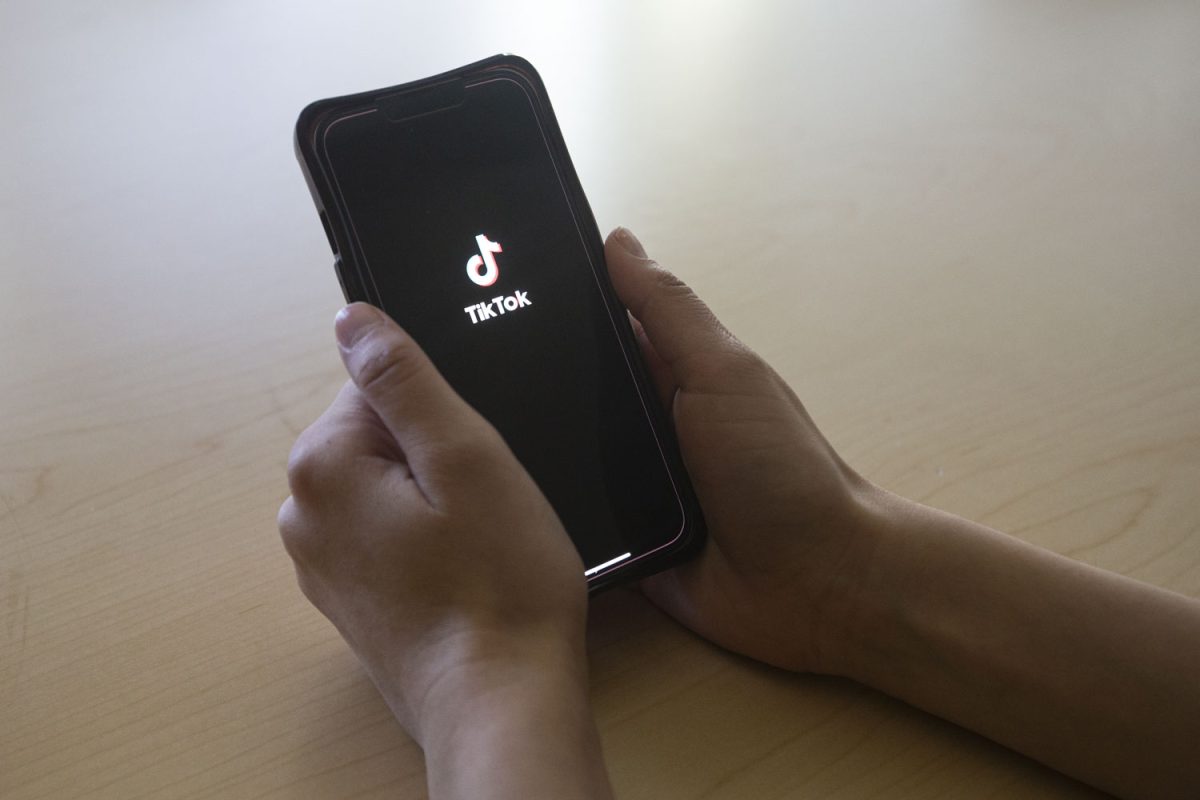Last week, the U.N. General Assembly voted in favor of flying a Palestinian flag in front of U.N. buildings. The motion passed with 119 votes, the United States and Israel two of the only eight countries voting in opposition. Forty-five nations abstained. This is just the latest piece of news in a recently revived attempt at a two-state solution.
The Daily Iowan Editorial Board believes that, symbolic though it may be, the raising of the Palestinian flag cannot be considered the first step in a two-state solution. Such a solution can only be reached through diplomatic conversations among Israel, Palestinian leaders, and the members of the Security Council. Moreover, despite the latest U.S. president-Israeli prime minister relationship, a mutual respect must be felt between the two leaders for a successful alliance.
A BBC article said that as Samantha Power, the U.S. ambassador to the United Nations, puts it, the flag raising was “not an alternative to negotiations [between the Palestinians and Israel] and will not bring the parties closer to peace.”
Since the beginning of the conflict escalation between Palestinians and Israel several decades ago, various peace propositions have been made — few lasting for any extended period of time.
Time and time again, however, the idea of a “two-state solution” is proposed as the ultimate, albeit unlikely, solution. Both sides have valid reasons for skepticism, but given recent developments in the perpetual conflict, Israel will be approaching any negotiations with increased hesitation.
In any discussions of a two-state solution, Palestinians have little to lose. Israel, on the other hand, can lose much of what it has spent 60 some years building. While a truly legitimate and well-constructed two-state agreement can be good for both sides, an unequal solution would lead to major issues for the Jewish state. And although it is unfortunate, a well-constructed agreement will rely heavily on a diplomatic and amicable relationship between the president of the United States and the prime minister of Israel.
According to various sources, the United States has stood by its strongest ally throughout the flag-raising motions and other deliberations under the Obama administration. However, the relationship — largely between President Obama and Prime Minister Benjamin Netanyahu — appears, at times, to have become little more than obligatory.
Generally speaking, current events have demonstrated how members of the GOP hold a stronger stance on Israel. Moreover, members of the GOP have maintained a stronger relationship with Netanyahu throughout the Obama presidency. And this trend has transferred, to some extent, to both Republican and Democrat candidates.
Sen. Bernie Sanders, I-Vt., in fact, told Diane Rhem of NPR’s “The Diane Rhem Show,” that he is “not a great fan” of Netanyahu. An interesting question, to be sure, but more important than the choice of question is the further evidence that another Democrat president (while Netanyahu is in office) may prove problematic for future diplomatic interactions with Israel.
As we slowly approach the presidential election — the next major debate will occur tonight — and the Iran nuclear deal inches closer to fruition, Israel will battle a multi-front war. Trying to achieve an appropriate Iran deal, hoping the next U.S. president will have stronger relationships with its leadership than the current president, and hoping that any two-state solution pursued is in its interest.
As a two-state solution, not currently supported by Israel, gains steam among other countries in the General Assembly, the next president of the United States will have to work hard to remedy strained relationships.









